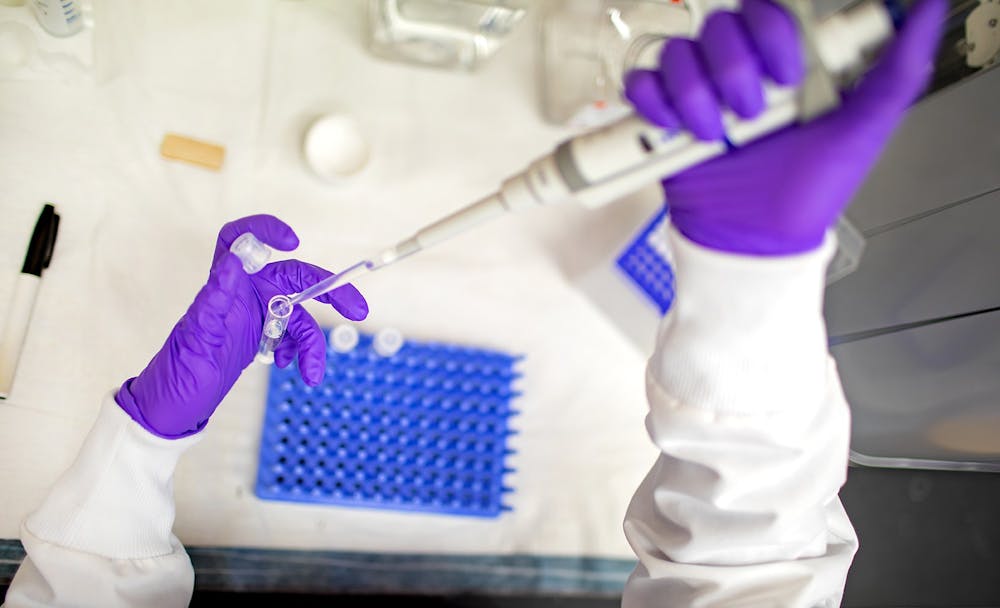Scientific innovation has been at the core of American identity since colonial times, but that identity is currently under attack. This nation has historically been the world leader in scientific innovation and a major international source of knowledge. As such, federal agencies such the Centers for Disease Control and Prevention and the Food and Drug Administration were seen as some of the most respected science and health departments in the world. Unfortunately, things are changing.
Our executive leader went on the air attempting to attack his political opponent, saying that Biden would “listen to the scientists,” as if this isn't something that should be done. He also explicitly attacked public health experts in his own administration, referring to them as “these idiots.” Subsequently, these departments are losing credibility.
The CDC, the same organization that battled the malaria, polio and ebola health crises, has struggled to provide timely information on the current public health crisis, experiencing a "loss of institutional credibility" during a crucial time for our nation. The FDA, the same organization created to protect consumers, has become overridden with partisan pressure to rush vaccine approval to just before Election Day, a dangerous gamble of politics over health. At nearly the same time, the current administration submitted its intent for the U.S. to leave the World Health Organization.
When did science become partisan? More importantly, when did it become the enemy? This is the same nation that put a man on the moon and developed the Manhattan project, two of history’s most significant scientific achievements, and was notably the largest contributor to the WHO before its proposed withdrawal.
The U.S. is losing its reputation as a world leader in scientific innovation and knowledge. Make no mistake, this crisis is independent of your views on the current public health crisis/response and your political affiliation. Even under previous Republican administrations, public scientific research was still viewed as necessary and trusted public service. What happens to American innovators of medicine and technology if our most trusted sources can be manipulated with a wave of partisan politics? Public research from the CDC, FDA, NASA, National Institutes of Health, National Oceanic and Atmospheric Administration, etc. is often used in academia — what happens to this nation’s extensive list of research universities if public research suddenly loses credibility?
This is not the America I know. This political game has no place in research, nor should we allow it to attack science as an element of the American identity. Simply put, public research and communication ought to be independent of such political pressures. Structuring public research departments similar to the Federal Reserve may be an adequate way to remove politics from these public services.
The Federal Reserve is structured as “independent within government,” meaning that it exists within the federal government but operates independently, with congressional oversight. There was a reason why Jerome Powell was able to create monetary policy independent of partisan influence. Of course, public agencies such as the CDC and FDA can’t entirely replicate the structure of the Federal Reserve, but a transition to a more independent framework could be the key to restoring confidence in American research.



